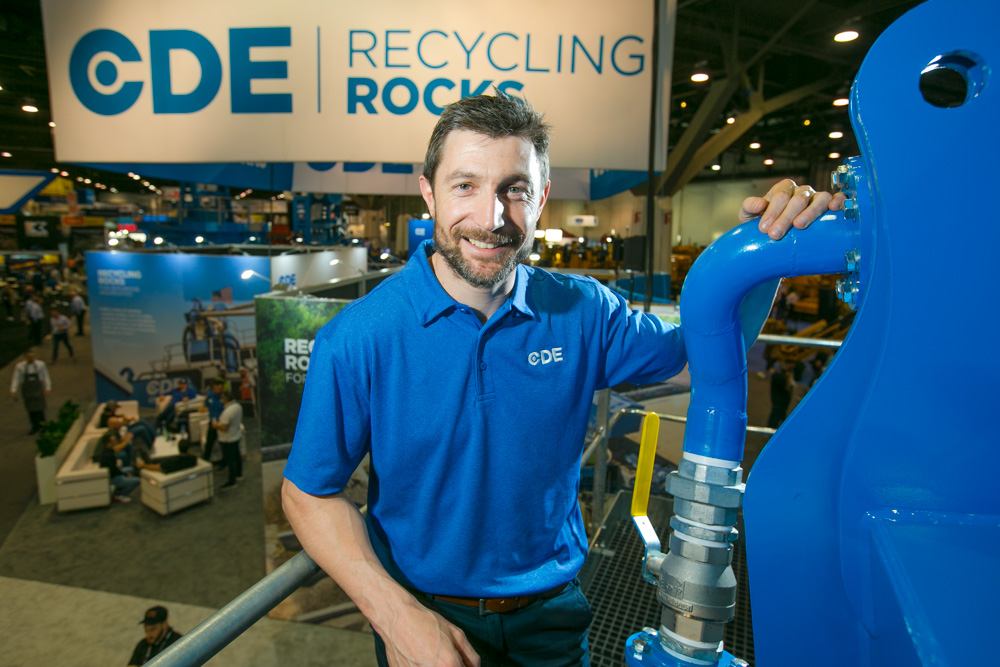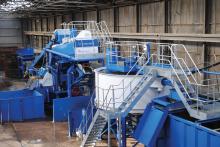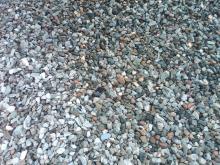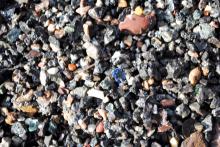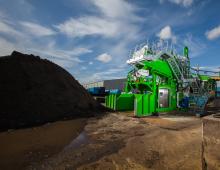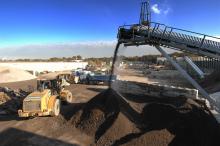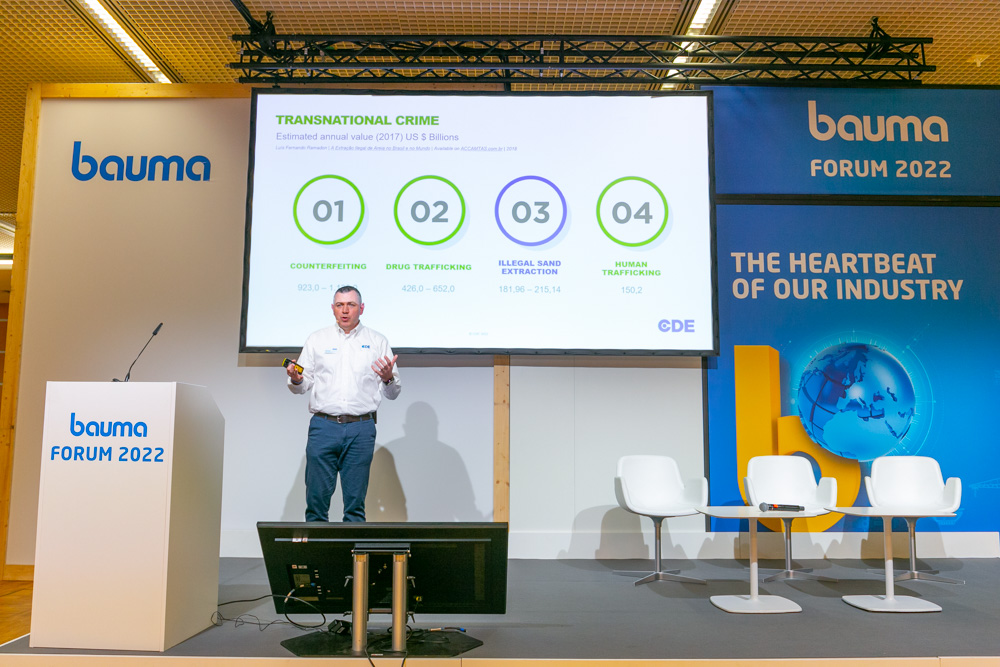
The Northern Ireland-headquartered global provider of sand and aggregate wet processing solutions for the natural processing and waste recycling sectors, is highlighting the role of its technology in supporting the circular economy and zero-waste agenda.
As the construction sector continues to adjust to the restricted availability and high cost of raw materials, CDE is demonstrating the potential benefits of processing construction, demolition and excavation (CD&E) waste.
On 26 and 27 October, senior CDE figures are being joined by several of the company’s European customers for a series of round-table discussions on the future of recycling. Before that, as part of the bauma exhibitor forum on 24 October, Eunan Kelly, CDE's head of business development for North West Europe, delivered a lecture on Creating valuable in-spec products from CD&E waste.
Speaking ahead of his lecture, Kelly said, "In the current economic and social climate, with materials costs rising, resources depleting, and regulations calling for the adoption of sustainable solutions, we should look to the technology of today to produce the sustainable construction materials of tomorrow; how CDE's waste recycling solutions…can support the industry to transform CD&E waste into certified, in-spec sand and aggregates."
Earlier this year, a package of European Green Deal proposals was presented with a view to making sustainable products the norm within the EU internal market. The revised Construction Products Regulation (CPR) emphasises the value of construction to the EU as a key employer and economic contributor.
However, it also highlights the adverse impacts the sector has on the environment, as one generating some 30% of the EU's annual waste and contributing significantly to its domestic carbon footprint and emissions.
The construction industry is a major economic driver; in the EU alone, 25 million people are employed by five million companies, according to data from the revised CPR. So, when the Covid-19 crisis gripped economies and construction output fell to some of its lowest-ever levels, it was no surprise that robust recovery plans with a clear focus on investments in infrastructure were announced by nations around the world to stimulate renewed economic growth.
However, the cost of raw materials and their availability remains a deepening challenge for the sector.
Materials shortages and their rising costs are not entirely symptoms of the pandemic, but they have been exacerbated by it and have become more acute, CDE's business development manager for the DACH region, Christoph Baier, explains.
"Every day we continue to extract our fast-depleting natural resources to support rapid urbanisation and our modern, technological lifestyles. Essential to this is sand, the second most consumed natural resource after water and the most consumed solid material on earth."
In April, the UN Environment Programme (UNEP) published 10 recommendations to avert the impending sand crisis. It noted how the use of sand, gravel, crushed stone and aggregates has tripled in the last two decades, reaching an estimated 40-50 billion tonnes per year.
"This, in the context of projected increases in global populations and urban living," Baier continues, "demonstrates how demand will only rise, while resources will only deplete, unless we adopt long-term attitudinal, regulatory and technological change to ensure not only the sustainability of companies within the construction sector – and with it the livelihoods of those employed within it – but also the sustainability of the very planet.
"It's clear the consequences of a linear take, make and waste economy are catching up to us."
While Covid-19 economic recovery packages may help to stimulate growth, they must be conditional on building back greener and more sustainably, Baier adds.
"We can set out ambitious plans to build and grow, but we must ask ourselves how sustainable this is without a new approach to how we extract and manage the lifecycle of finite natural resources."
A circular approach is the only answer, Kelly agrees.
"It can be the means to equip us with the resources needed to supply a sector charged with a key role in the economic recovery while addressing our collective environmental footprint by reducing waste-to-landfill volumes and extending the lifespan of precious natural materials. All the while continuing to supply a resource-intense sector with the materials it requires; materials often trucked out of our urban centres, where they are needed most."
He says the technology needed to extract recycled sand and aggregate resources from CD&E waste that are equivalent to their virgin quarried counterparts is already in operation throughout Europe.
"Many businesses are already on this pathway," Kelly says, "and we will welcome many of them to join our upcoming round table discussions at bauma to share insights with the industry as we work to demonstrate that we can pursue commercial opportunities in a sustainable way."
CDE supports materials processors in realising the value locked in CD&E waste. Using innovative wet processing technologies that scrub material, float off lightweights (demolition debris) and classify end products, this waste stream can be repurposed to produce washed materials free of contaminants and suitable for use in high-value construction projects.
To date, CDE solutions have supported companies around the world to divert more than 100 million tonnes from landfill.
"These are far from 'alternative' materials," Kelly explains. "Many material processors utilising CDE technology are successfully producing CE- and BSI-certified concrete products, including competitive concrete for non-structural – but still high value – construction projects, with some applications successfully achieving beyond C45 spec."

